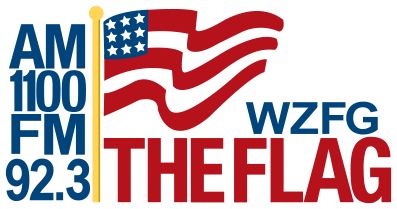Despite progress on youth tobacco prevention, far too many young people are still using tobacco products. Nearly one in three (29 percent) North Dakota high school students reported using tobacco in the past 30 days according to the 2017 Youth Risk Behavior Survey (YRBS).
One way to effectively decrease youth tobacco use is to prevent them from ever obtaining tobacco products in the first place. The Synar Amendment enacted by Congress in 1992 requires states to focus on reducing youth access to tobacco and is responsible for a portion of the decline in young tobacco users in the United States. This nationwide effort has also decreased the number of youths who report retail sources as their means of obtaining tobacco products.
One component of Synar is a tobacco retailer compliance survey, which provides information about which retailers are selling tobacco products to minors.
“The Synar compliance survey is important because it provides a picture of what youth tobacco retail access looks like in our state. And, the numbers indicate we have to focus efforts in this area,” said Tom Volk, a community prevention specialist for the North Dakota Department of Human Services (DHS).
The results of the Synar survey conducted by DHS show a steady increase in the number of youths able to purchase tobacco products from retail stores in North Dakota, he said. In 2016, the retail violation rate was at 3.4 percent. In 2017, the percentage rose to 7.7, and the current retail violation rate is 8.8 percent.
Alarmingly, the tobacco retailer violation rate was 17.8 percent in 2015 in North Dakota. To be compliant with the Synar Amendment, a state’s tobacco retailer violation rate cannot exceed 20 percent. If the violation rate is greater, the state will lose a large portion of its federal Substance Abuse Prevention and Treatment Block Grant funding, which could equal more than $2 million per year in North Dakota.
This past month, North Dakota’s Department of Human Services and Department of Health collaborated to support tobacco compliance check training in Bismarck, Devils Lake, Dickinson, Fargo and Jamestown. Thirty law enforcement officers representing 24 different departments completed the training, which provided tools necessary to conduct local checks.
As part of this collaboration, funding is also being made available to local public health units for their Tobacco Prevention and Control Programs that support local communities in implementing retailer education and funding local law enforcement to perform tobacco compliance checks.





